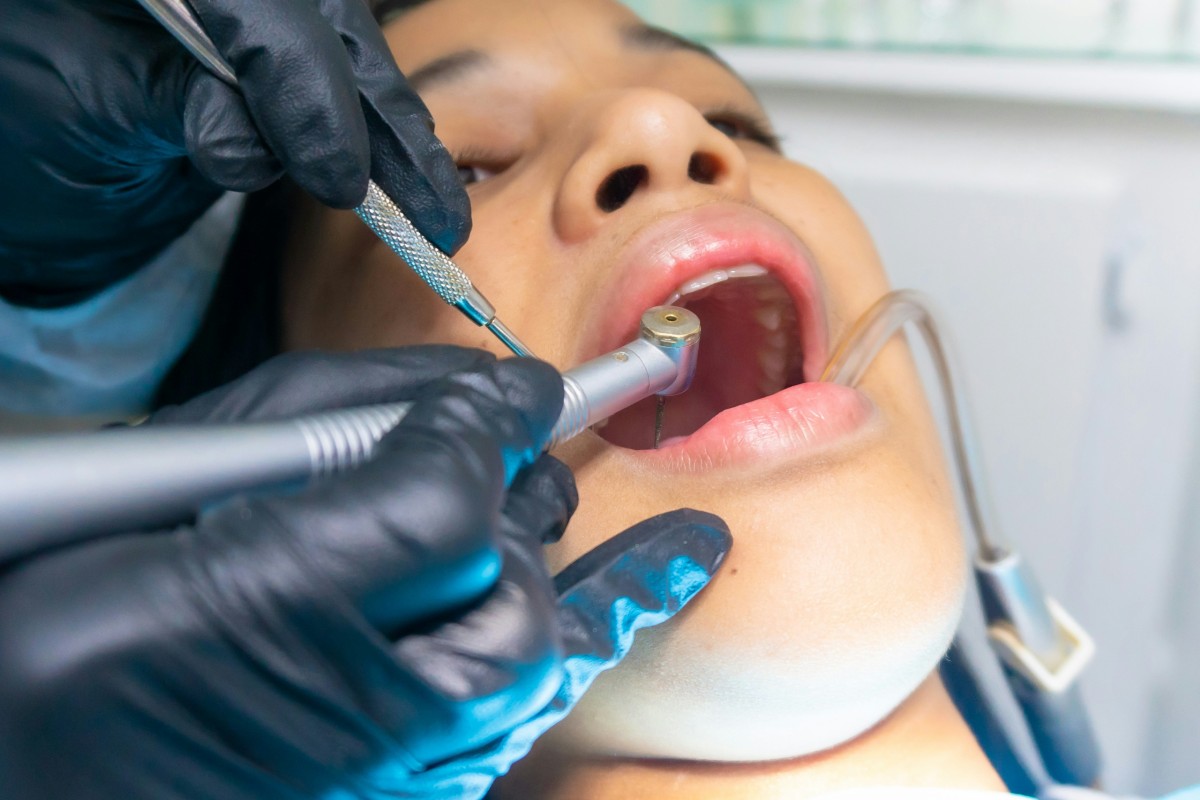The research, conducted by researchers at King's College's School of Biomedical Engineering & Imaging Sciences, has found that 80% of people said AI should be used in medicine, while 56% felt it would be safe.
However, when it came to trusting AI with major decisions, more than 70% rejected the idea that AI could take over doctors' roles. Even if AI makes fewer mistakes, respondents were not comfortable letting it act alone.
Notably, older respondents (50+) were more likely to consider AI safe (62%) compared to younger participants (55%). Gender differences were also evident, with 88% of men supporting AI's implementation in healthcare systems, compared to 77% of women.
Dr Carolyn Horst, NIHR clinical lecturer and radiology registrar at King's and Guy's and St Thomas', said: ‘As a radiologist and researcher, I read a lot about how AI will replace me. This research shows that the general public, like patients and physicians, are comfortable with AI as a tool, but not as an autonomous decision-maker.
'This perspective is vital in informing how we implement AI programmes, keeping patients and future healthcare users not only informed, but at the heart of what we do.'



